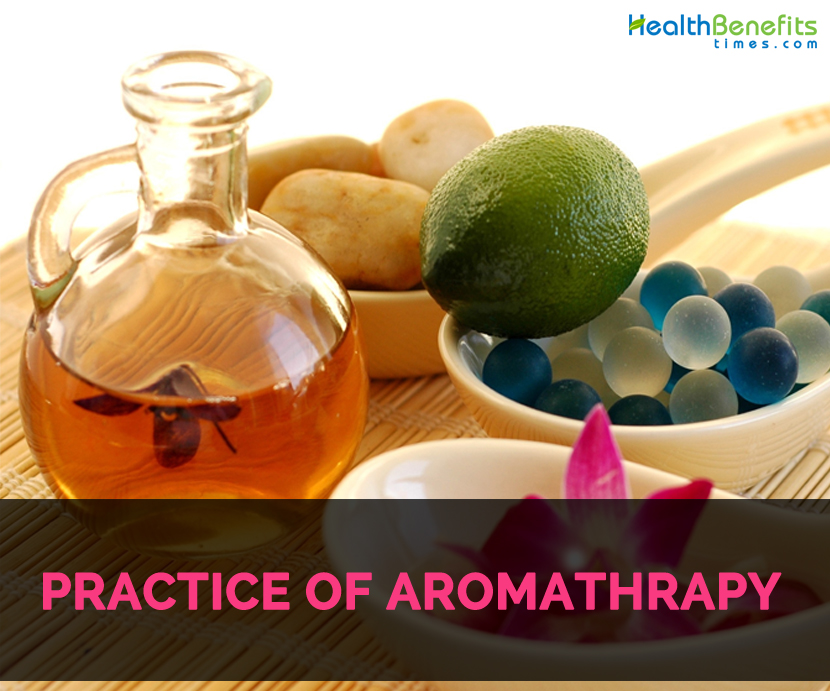
Approaches to aromatherapy
Therapeutic use of essential oils offers wide ranges. It is a part of charm and uniqueness. In simple use, oils are used as natural perfumes, aromatic bath preparations or used as various home remedies. It is used as both home and professional massage for providing relief from stress. Therapists or doctors (clinically trained) are used to treat serious medical conditions.
Aromatherapy can be practiced into five areas of specialization. Though impossible to point out hard and fast lines between these aspects, classifications are found to be helpful for clarification and understanding and short term use. The different areas are: cosmetic aromatherapy, simple aromatherapy for home use, perfumery and the psychotherapeutic use of oils for the odor effects on the mind. Massage with essential oils or medical and clinical aromatherapy treats medical complaints.
- Simple aromatherapy
Aromatic oils are used in various methods such as vaporization, local massage, aromatic bathing, steam inhalation and cosmetic creams for treating various complaints. This approach is an ancient tradition of household secrets passed from generation to generation. Nurses or other professions use it for medical purposes. It acts as a preventive medicine by preventing infectious illness and enhances general health and well-being.
- Cosmetic aromatherapy
Since ancient times, essential oils are used for skin and beauty purposes. Records have shown various primitive cultures using natural aromatics as adornment and also to enhance their beauty. Undoubtedly, many indigenous people still apply this remedy. The cosmetic uses of aromatic materials are found to be practiced in Ancient Egyptian civilization which is about 5000 years ago. Gums, aromatic herbs and oils are combined carefully to formulate beauty preparations and cosmetic ointments.
- Psycho-aromatherapy and perfumery
The word ‘psycho-aromatherapy’ describes the use of the pyschotherapeutic benefits of essential oils, by inhalation and also other methods of application. Psycho-aromatherapy can influence moods, emotions and also induce certain states of mind. It provides state of relaxation with their energizing and stimulating effects. Psycho-aromatherapy has a great role in common with art of perfumery. All perfumes were made with the use of natural aromatics and they both focus on psychological effects of scent and needs high degree of olfactory discrimination or knowledge.
- Aromatherapy massage
Numerous benefits could be derived from combining massage with use of essential oils. Professional aromatherapists in alternative health care apply this method. Marguerite Maury, a French pioneer conducted research on utilizing the revitalizing and healing properties of aromatics by application to skin. This approach is effective in treating stress associated disorders and also requires much training in massage techniques and know many and varied properties of essential oils to be used.
- Medical aromatherapy
It includes efficient use of essential oils for treating medical conditions that have been diagnosed clinically. It is practiced by trained medical doctors or herbalists who have undergone training for four years. This approach includes oral prescription.
Comments
comments